Last updated on November 12th, 2022 at 12:15 pm
Emotional Intelligence has been around since 1964 but has gained significantly more popularity in the last 15 years.
Emotional intelligence or EQ is the capability of individuals to recognize their own emotions and those of others. Additionally, it is primarily the ability to use EQ as a tool to guide thinking and behavior to achieve one’s goals.
The importance of Emotional intelligence came up in the last two podcasts with Alessandro and with Dhananjay. Which prompted me to write a blog that gives folks a quick 101.
Both of the industry veterans call out Emotional intelligence as a quintessential aspect for Technical Program Managers and Product Managers. The reason for this is as a TPM or a PM you are trying to influence people and decisions where you may or may not have authority. You are also leading teams and initiatives where your emotional presence plays a key part in your success.
What are the five primary components of Emotional Intelligence?
- Self-awareness
- Self-regulation
- Motivation
- Empathy
- Social Skills
Let’s dive a little deeper into the above.
Self-Awareness
Self-awareness is all about knowing one’s strengths, weaknesses, drives, values & impact on others.
Key Indicators of Self Awareness:
- Self-confidence
- Realistic self- assessment
- A self-deprecating sense of humor
- Thirst for constructive criticism
Self-Regulation
Self-regulation is all about controlling or redirecting disruptive impulses and moods
Key Indicators of Self Regulation are:
- Trustworthiness
- Integrity
- Comfort with ambiguity and change
Motivation
Motivation is about relishing achievement for its own sake.
Key Indicators of Motivation are:
- A passion for the work itself and for new challenges
- Unflagging energy to improve
- Optimism in the face of failure
Empathy
Empathy encompasses understanding other people’s emotional makeup.
Key Indicators of having empathy are :
- Expertise in attracting and retaining talent
- Ability to develop others
- Sensitivity to cross-cultural differences
Social Skills
Social skill is all about building rapport with others to move them in desired directions
Key indicators of having social skills are :
- Effectiveness in leading change
- Persuasiveness
- Extensive Networking
- Expertise in building and leading teams.
We’re each born with certain levels of EI skills. But we can strengthen these abilities through persistence, practice, and feedback from colleagues or coaches.
Signing off for now !

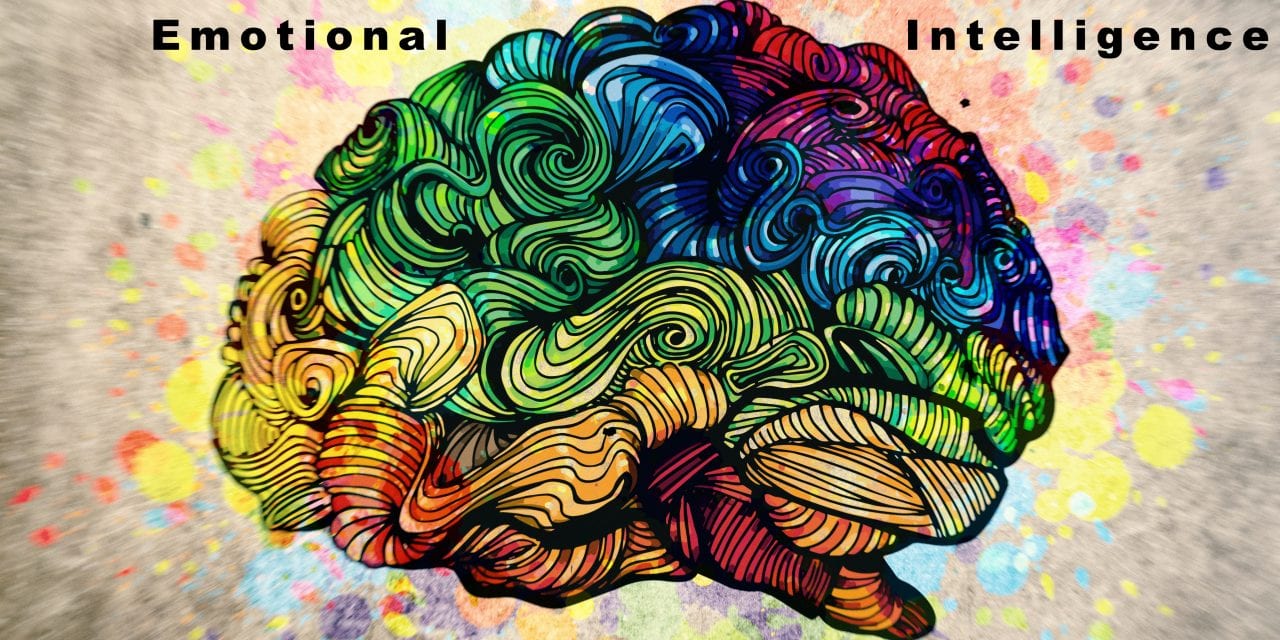


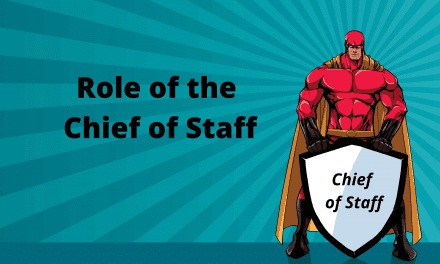



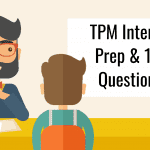



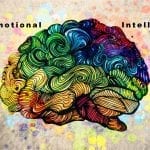
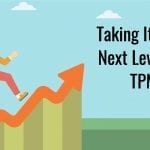

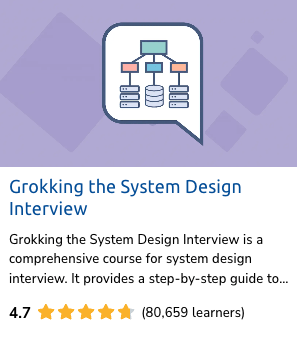

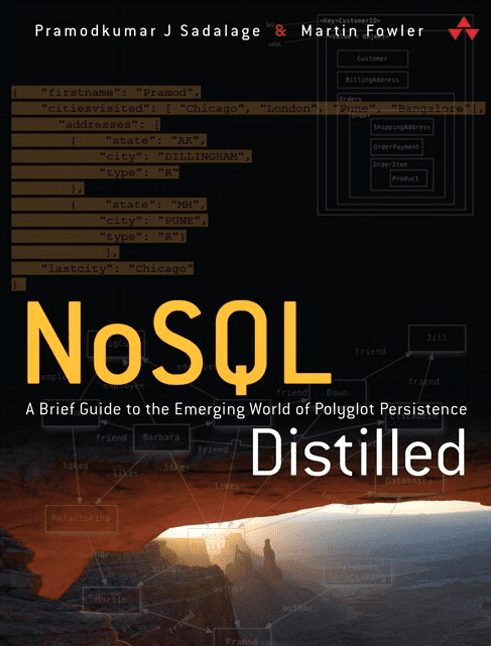
Great write up on EQ!
Good summary on EQ. One of the best explanation i have come across till date. Thanks for list it out.
Very nice article, Mario.
I’d like to share my experience w.r.t one of the EQ components you listed. When I first joined customer program management team and started handling a project of worth multi-billion dollar business, one of our highly experienced and well regarded colleague explained me about empathy. Coming from systems and high technical background, my friend would know I’d start interacting with various levels of people in the organization whose technical capabilities range from Nill to PhD level. He urged me to contemplate on empathy. He always told me people make mistakes and, as a program manager, one should always have a back up plan and should handle any situation gracefully. If that’s there, it helps in making excellent relationships with all these people in the organization and it in turn helps run the program successfully in a long run. It helped me.
Thanks again for sharing your wonderful thoughts.
Good article, especially, I liked the Motivation section “optimism in case of failure” is a good one.
Very Pointed Article, Great work mario!
Great article!
Awesome, I agree with you, Mario!!